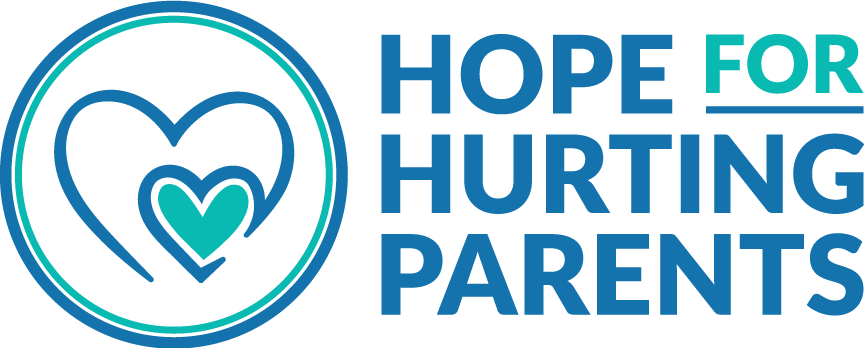
Vegas vigil
A few weeks ago we were shocked by the mass shooting that took place in Las Vegas. Dozens were killed and hundreds were injured, in need of immediate medical attention. Hospitals were overwhelmed by the number of people flooding their emergency rooms. With the demand on the hospital’s limited resources, staff had to make some important decisions: who would receive treatment first; who could be treated quickly, and who could wait?
For parents, having a rebellious or prodigal child is not like the tragic shooting that took place in Las Vegas. But, the decision-making process the medical staff used in dealing with the crisis, does have some lessons hurting parents can gain from when dealing with their own heart-breaking events.
Parents of troubled teens or adults often find themselves in a crisis at a time when their mental, emotional and spiritual energy is depleted; when financial resources are overwhelmed by the demands being placed upon them.
We were often in this condition. I found it hard to get up, dress, eat, drive to the office and put in a productive days work. While there, it was difficult to focus, be a responsible member of the team and take care of the details my job required. Being around my co-workers was also hard—not because they were difficult, but because my emotional state was frail. Many emotions lodged just below the surface, ready to erupt at any inquiry about my daughter.
Have you received those dreaded calls in the middle of the night? They’re rarely good, none of ours were. Someone is calling to inform us of serious problems or potential ones.
“Renee’s in the hospital.”
“Renee’s been Baker Acted.”
“Renee’s in jail.”
“Can you come to the emergency room?”
“Can we meet tomorrow and I’ll fill you in on what’s going on?”
Our minds would race with questions. Is she really safe? How much damage to her body has been done? Will she be sentenced to a jail term? Is anyone else hurt? Is she finally ready for a treatment program? If so, where, how much, can we afford it?
done? Will she be sentenced to a jail term? Is anyone else hurt? Is she finally ready for a treatment program? If so, where, how much, can we afford it?
Similar to the medical staff of the hospitals in Las Vegas, they follow pre-determined protocols for the crisis. We also determined a protocol for our times of crisis—a simple question to ask ourselves that would help us prioritize the problem and our consequential actions. That question was:
“Is it a piano?”
You may be asking, “What does a piano have to do with all of this!?”
During our marriage and the years of raising our children, we moved numerous times. While moving, some items need more care and attention than others. A piano, for example, required a lot more time, attention and care to move, while a small lamp wouldn’t require nearly the same amount of time, energy or care.
I’m not sure where we came up with the phrase, since we didn’t own a piano at the time, yet it illustrated to us how we needed to have perspective on any particular issue we might face. This would help us weigh how much energy and resources needed to be expended to address the problem.
Let me give a couple of examples many hurting parents may be able to identify with:
 Renee kept her room a mess. Her clothes were all over the floor, makeup out, papers thrown around. Neat and clean were not words we could use to describe it. But she didn’t have to share the room with her sister and the mess didn’t spill out to other parts of the house, so we asked ourselves, “Is it a piano?”
Renee kept her room a mess. Her clothes were all over the floor, makeup out, papers thrown around. Neat and clean were not words we could use to describe it. But she didn’t have to share the room with her sister and the mess didn’t spill out to other parts of the house, so we asked ourselves, “Is it a piano?”
In this case we decided it wasn’t and we came up with a compromise. We told her to keep her door closed when it was in shambles and open it if she decided to clean it. We weren’t going to use up our emotional resources to fight this battle when other “piano” battles existed.
Another example is when Renee was in her first treatment center. They did not require her to

photo cred. Sally Mann
stop smoking while in the program. Simply put, they were asking, “Is her smoking a piano?” Not that it wasn’t important, but in the process of recovery from alcohol or drug addiction, perhaps requiring her to stop another addiction at the same time would be too much. Allow her to work on the “piano” issue first, then down the road other issues would be addressed.
Asking the “piano” question also allows us to conserve the limited physical, emotional, spiritual and even financial resources we may have. Then we can give the best parts of ourselves to the things that matter most.
What issues are you facing today?
Which ones are your “piano” issues?
*Tom Yohe is the writer of today’s blog.

Thank you Mr Yohe for the this great blog!
Your welcome Andy, thanks for taking the time to comment. I appreciate it.